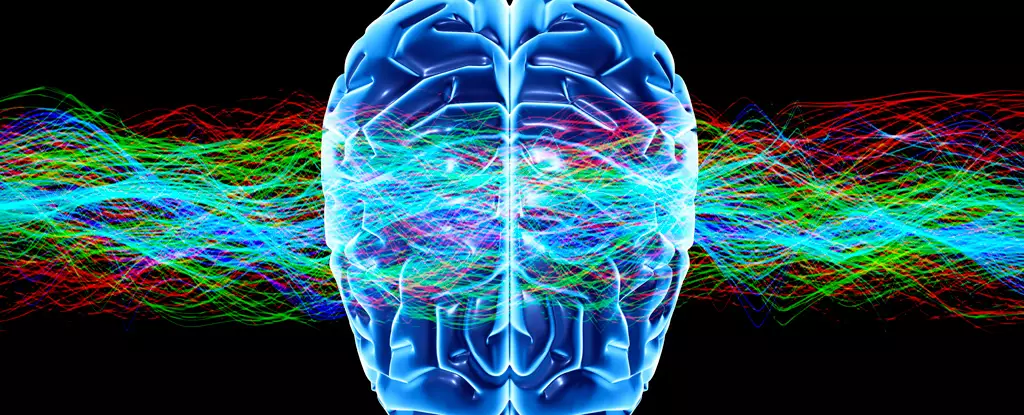A recent global research effort conducted by the International Brain pH Project Consortium has shed light on the relationship between metabolism problems in the brain and a range of neuropsychiatric and neurodegenerative disorders. These disorders include autism, Alzheimer’s disease, depression, epilepsy, schizophrenia, intellectual disability, and bipolar disorder. Despite the diverse symptoms associated with these conditions, they often share genetic or metabolic features, suggesting a common biological basis. The collaboration of 131 scientists from 105 labs in seven countries has identified changes in brain acidity and lactate levels as key indicators of metabolic dysfunction in the brain.
The findings of this research have significant implications for the diagnosis and treatment of complex neuropsychiatric disorders that affect a large portion of the global population. By uncovering shared therapeutic targets across various neuropsychiatric disorders, this research could pave the way for new and more effective treatment strategies. Molecular and cellular physiologist Masayuki Matsushita from the University of the Ryukyus in Japan believes that this research could be a stepping stone towards improving outcomes for individuals with these disorders.
One of the key findings of the study is the impact of lactate changes on cognitive function. Increases in lactate levels in the brain can disrupt the functional balance between excitatory and inhibitory brain networks, impacting information transfer in neurons. This disruption can result in lower brain pH, which is a common feature observed in many neuropsychiatric disorders. By examining whole brain samples from various animal models, the research team found consistent shifts in brain pH and lactate levels, suggesting that these disruptions are common across a range of neuropsychiatric conditions.
The study evaluated brain pH and lactate levels in a variety of animal models, including mice, rats, and chicks that were genetically modified to mimic different neuropsychiatric and neurodegenerative diseases. Remarkably, around 30 percent of the animals studied displayed significant changes in pH and lactate levels, indicating the widespread nature of these disruptions in neuropsychiatric conditions. Animal models of depression, induced by stress, diabetes, or colitis, consistently showed decreased brain pH and increased lactate levels, suggesting a common pattern across different genetic or environmental factors that may influence brain metabolism.
In the study, diverse responses were observed in animal models of autism spectrum disorders, with some exhibiting an increase in pH and a decrease in lactate levels, while others showed the opposite pattern. This variability hints at the existence of various subgroups of metabolic dysfunctions among individuals with autism spectrum disorders. Additionally, the research team noted a strong link between high lactate levels and impaired working memory performance in behavioral tests, indicating that metabolic dysfunctions may directly impact cognitive abilities in individuals with neuropsychiatric disorders.
Mitochondrial dysfunction, which is linked to several neuropsychiatric disorders, often manifests as working memory deficits. Dysfunction in neuronal mitochondria can lead to less lactate consumption for energy production, potentially resulting in impaired learning and memory functions. On the other hand, lactate production is essential for memory formation, so decreased levels could also contribute to cognitive dysfunction in these disorders. The authors of the study suggest that changes in brain pH and lactate levels could serve as biological markers for neuropsychiatric disorders with cognitive impairment, highlighting the importance of further research in this area.
The research conducted by the International Brain pH Project Consortium provides valuable insights into the role of brain metabolism in neuropsychiatric disorders. By identifying common metabolic dysfunctions across a range of conditions and animal models, this research opens up new possibilities for understanding and treating these complex disorders. Further studies focusing on effective treatment strategies for diverse animal models with brain pH changes will be crucial in advancing our knowledge of these conditions and improving outcomes for individuals affected by neuropsychiatric disorders.



Leave a Reply